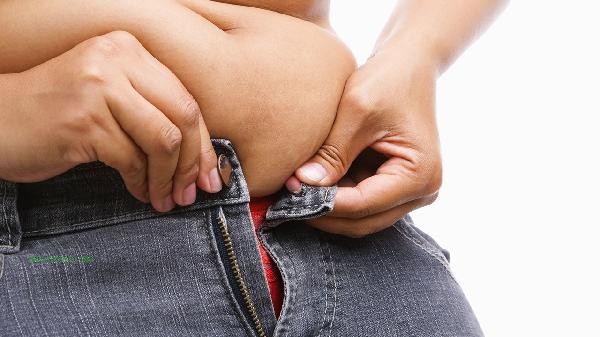After dieting to lose weight, there may indeed be a rebound in diet, mainly related to factors such as decreased basal metabolic rate, muscle loss, adipocyte memory, hormonal imbalances, and incorrect dietary habits.

1. Decreased basal metabolic rate:
Long term dieting can lead to the body entering an "energy-saving mode", with a 20% -30% decrease in basal metabolic rate. After resuming diet, the body still maintains a low energy consumption state, and excess calories are more easily converted into fat storage. It is recommended to increase muscle mass through strength training. For every 1 kilogram of muscle gain, an additional 30-50 calories can be consumed daily.
2. Muscle loss: About 30% of weight loss during dieting comes from muscle breakdown. Reduced muscle tissue can lower glycogen storage capacity, making it easier for glucose to be converted into fat after resuming diet. supplementing high-quality protein such as eggs and fish with resistance training can reduce the risk of muscle loss.
3. Fat cell memory:
The number of fat cells remains relatively constant in adulthood, and dieting only reduces cell volume. Research shows that adipocytes can maintain their original volume memory for up to 8 years and are more likely to refill after returning to a high-fat diet. Controlling trans fatty acid intake and increasing the proportion of omega-3 fatty acids can help regulate fat metabolism.

4. Hormonal level disorder:
Long term calorie deficit can lead to a decrease of more than 50% in leptin levels and an increase in ghrelin secretion. Even if the diet is restored, it takes 3-6 months for hormone levels to return to normal, during which the imbalance of appetite regulation mechanisms can easily lead to overeating. Regular eating frequency and ensuring 7 hours of sleep can help maintain hormone balance.
5. Incorrect dietary habits:
Directly restoring the diet structure before dieting, such as high GI carbohydrates accounting for more than 60%, is most likely to cause a rebound. The stepwise calorie increase method should be adopted, increasing 100-150 calories per week, with priority given to supplementing protein and dietary fiber. Replacing refined carbohydrates with coarse grains can stabilize blood sugar fluctuations.
It is recommended to adopt the "211 diet plan" for meal planning: 2 fists of vegetables, 1 palm of protein, 1 fist of staple food per meal, combined with 30 minutes of high-intensity exercise such as skipping rope and swimming every day. Regularly monitoring changes in body fat percentage is more meaningful than simply focusing on weight. During the recovery period, a "flexible meal" can be arranged once a week to meet psychological needs, but the total calorie intake should not exceed 120% of daily intake. Establishing long-term sustainable eating and exercise habits is the key to avoiding rebound.





Comments (0)
Leave a Comment
No comments yet
Be the first to share your thoughts!